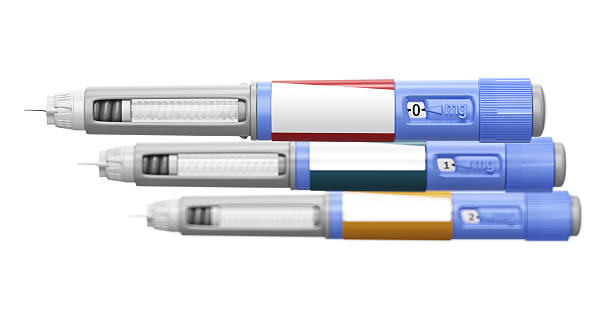Siblingship DNA Test is utilized to confirm the biological relationship of the two alleged siblings. Moreover, it also helps in verifying if any of the siblings biologically share either a single parent or both parents.
This test is typically performed for peace of mind (POM) to know if your siblings are biologically full or half-related. Besides, it’s sometimes required by the embassy in immigration cases, for example, when a sibling is sponsoring the visa for the other sibling/s.
Understanding the Siblingship Index
The Sibling DNA testing report is generated as the Siblingship Index. The usual DNA report depends on the percentage of the two DNA samples to establish the biological relationship. However, the Sibling DNA test relies on the Siblingship Index.
If the siblingship index report of the two DNA samples is less than 1.00, they’re not related genetically. But if the siblingship index is more than 1.00, both individuals are biologically related.
Types of Siblingship DNA Test
The sibling DNA testing process is divided into two parts, depending on the information required:
- Full Siblingship DNA Test
- Half Siblingship DNA Test
Full Siblingship DNA Test – This test is done when the alleged siblings are already aware of sharing a mutual biological parent, including the identity of that parent. But they have no information related to another parent’s biological match. Such circumstances require a full-siblingship DNA test.
Half Siblingship DNA Test – In this scenario, both the alleged siblings know that they only share one biological parent, but they have no idea if it’s the father or the mother. This is where the need for half-siblingship rises.
During each siblingship test, the alleged siblings’ DNA is compared with the potential father’s. In a mother’s case, she can be excluded, making the test more straightforward to focus solely on the father’s genetic contribution.
However, this can increase the complexity of the test if it’s conducted without a mother’s presence. The complexity of this test increases due to the inability to differentiate between the genetic contributions from the father and potential genetic overlap between siblings that may originate from the mother.
Collecting the Sample for the Siblingship Test
A buccal/cheek swab is required for the siblingship test. It’s the most common and preferred type of DNA test sample for several reasons, such as:
- It’s an effective, reliable, and non-invasive method of testing.
- The sample stays stable without the risk of damage.
- Buccal swab samples can be stored for a longer duration.
Choosing DDC Laboratories India for the Siblingship DNA Testing
At DDC Laboratories India, our representatives guide you through the sibling DNA test, addressing all your questions and concerns. Sibling DNA testing helps establish the biological relationships where an alleged father or an alleged mother is not available due to particular circumstances.
The key reasons to trust DDC Laboratories India:
- Fast, accurate, and trustworthy reports
- Accreditation and high-quality ratings
- Complete confidentiality of the reports and the customers
- Nationwide presence
To learn more or to book the siblingship test, call today at +91 8010177771. Or leave a message on WhatsApp at +91 9266615552.



